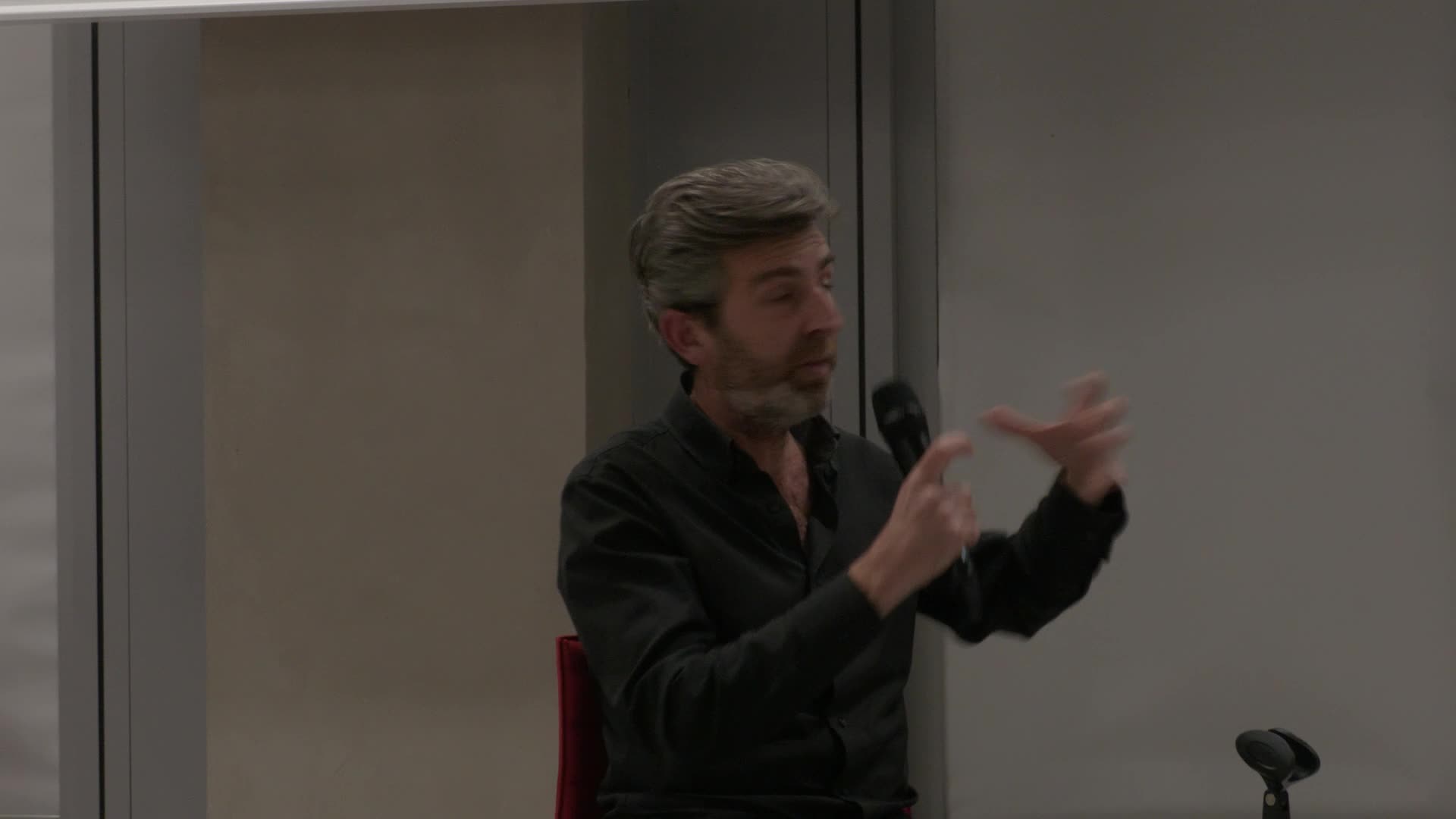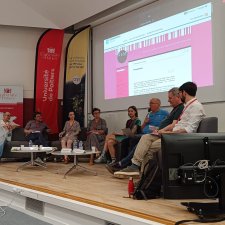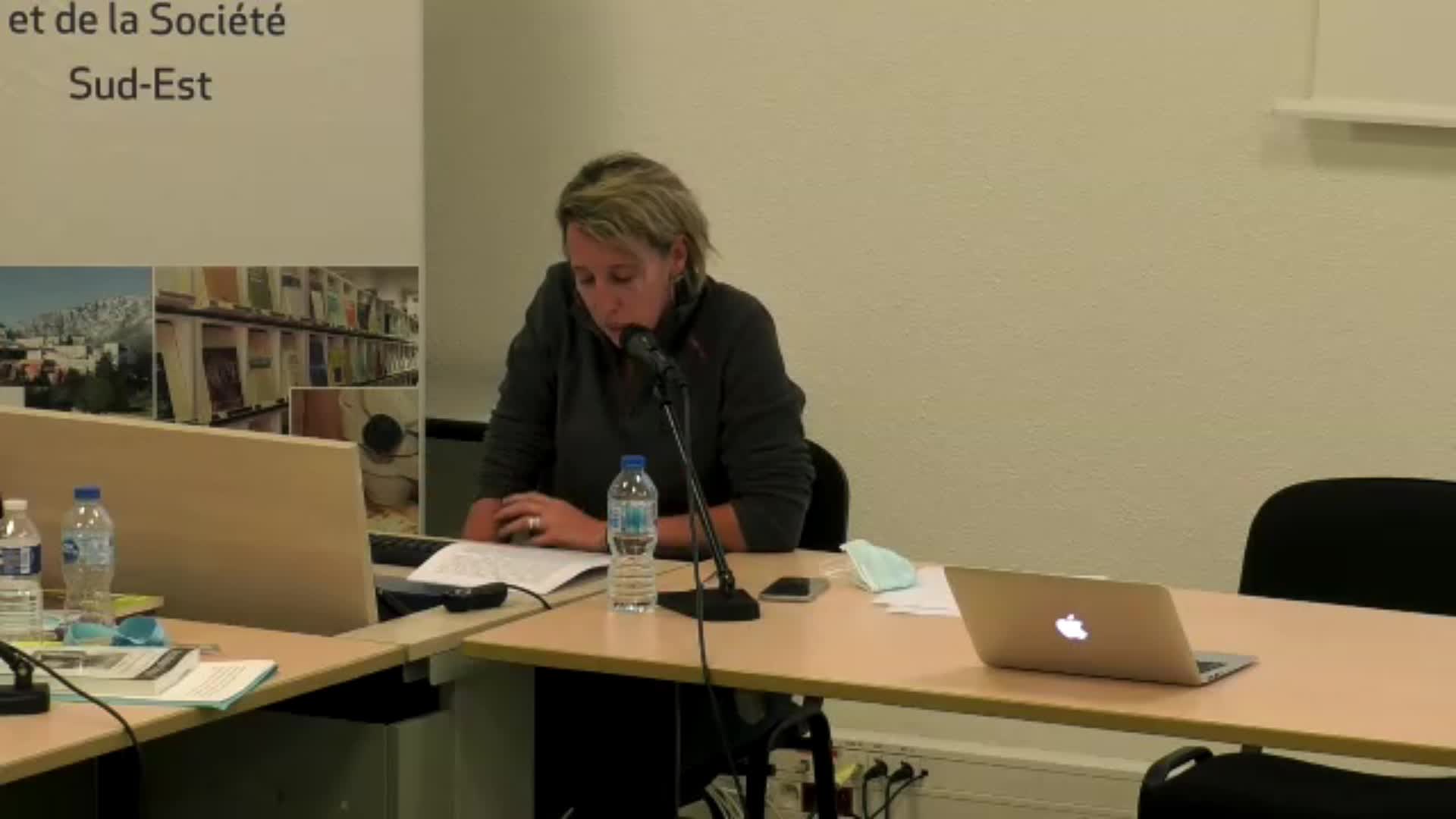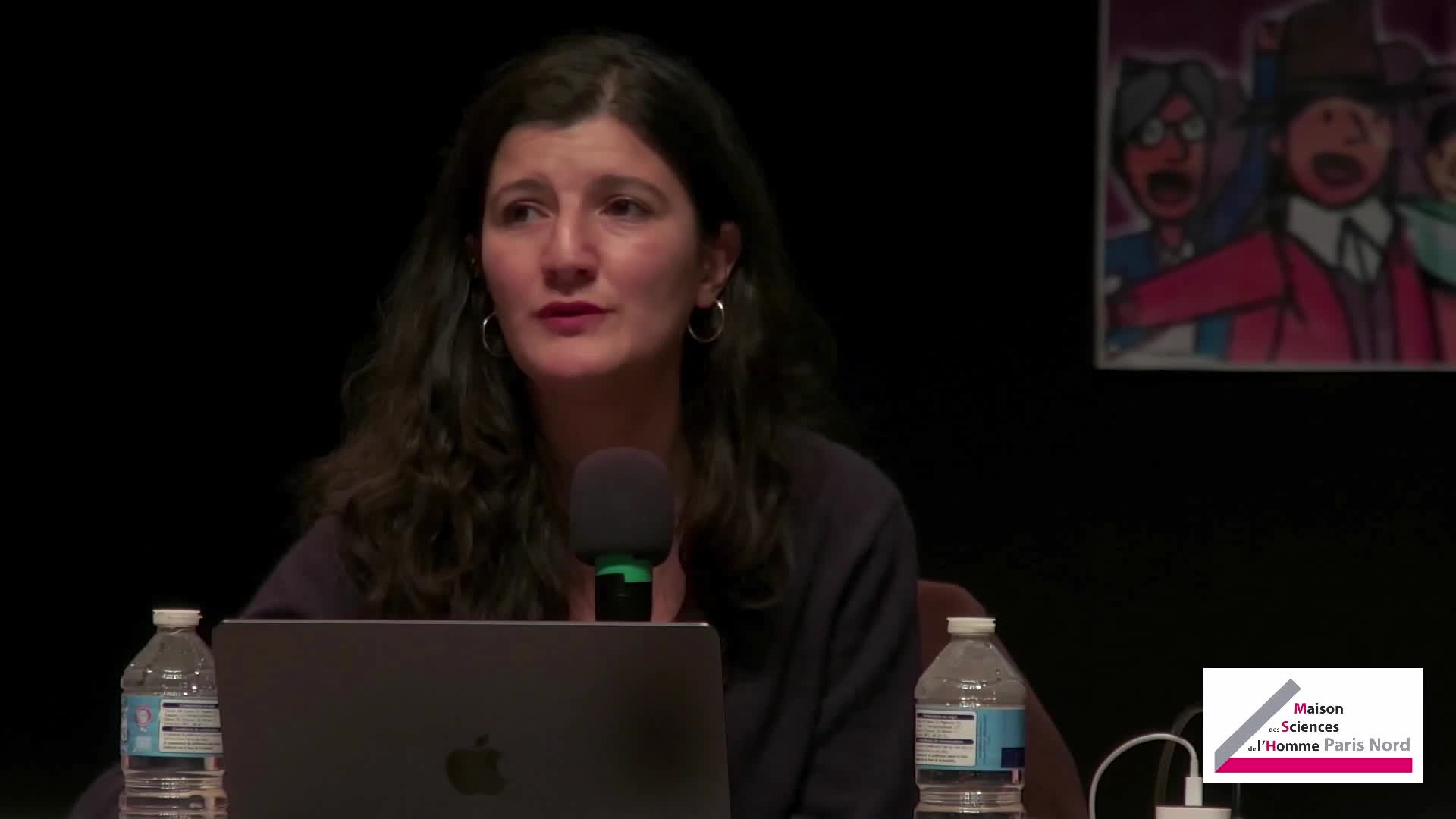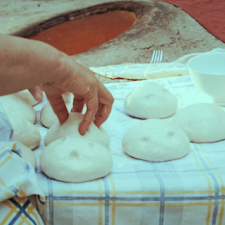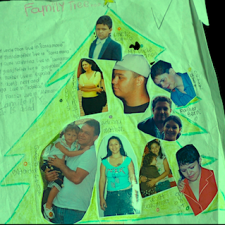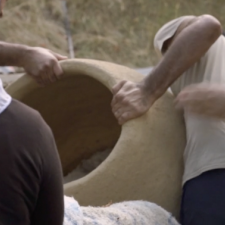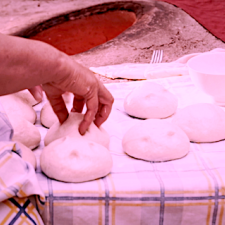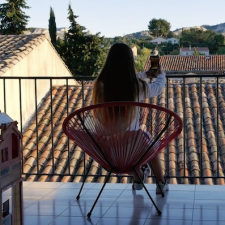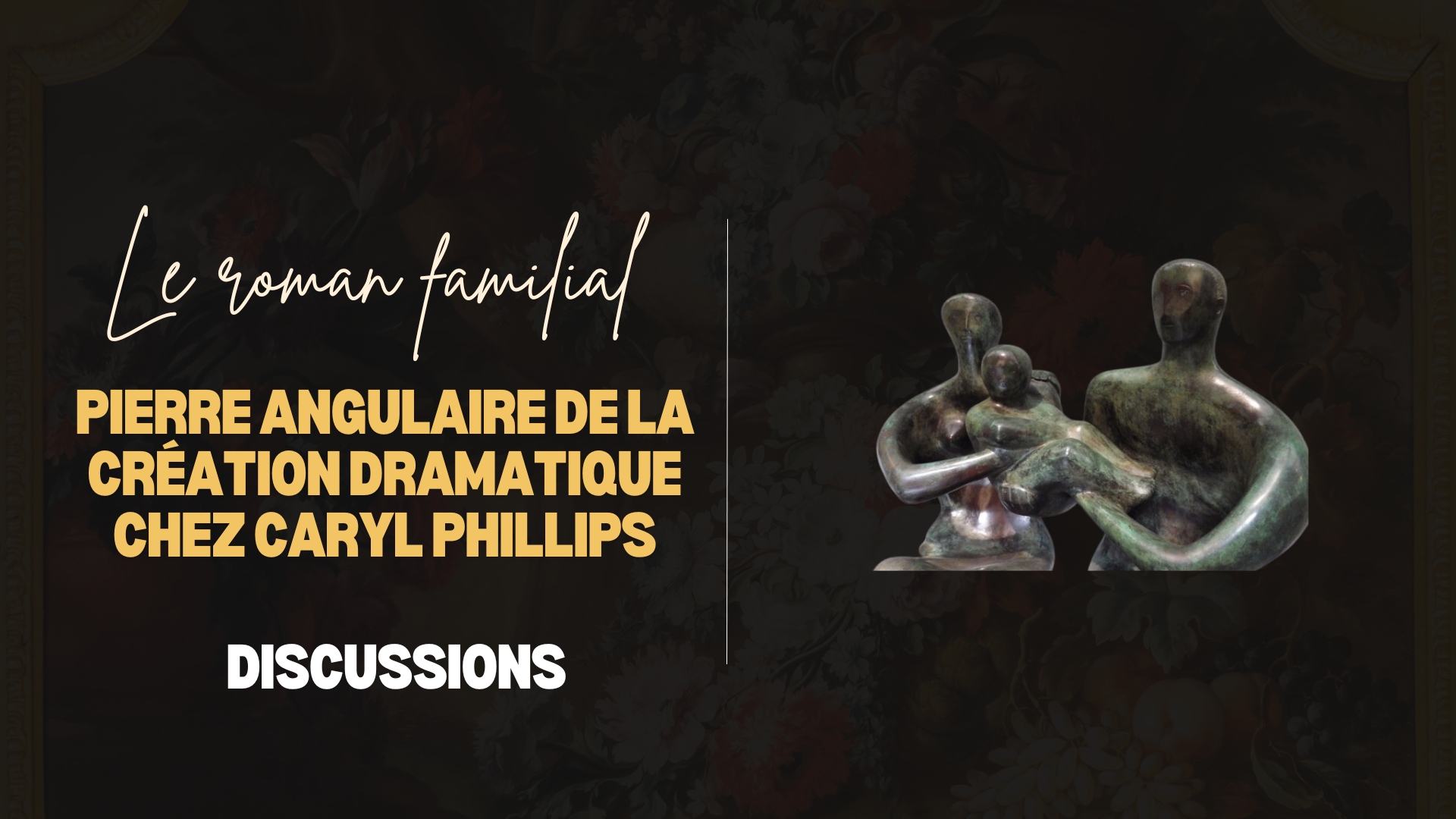Notice
L’Appartenance locale et sa légitimation à l’époque ottomane - Présentation du séminaire
- document 1 document 2 document 3
- niveau 1 niveau 2 niveau 3
Descriptif
Séminaire "L’Appartenance locale et sa légitimation à l’époque ottomane"
Işık Tamdoğan (IFEA - CNRS)
Mardi 22 novembre 2011 à 18h à l'IFEA
Intervention / Responsable scientifique
Dans la même collection
-
Réflexion sur les origines du panarabisme
Conférence Lundi 22 octobre 2018 à 18h à l'IFEA Dyala Hamzah (Université de Montréal) "Réflexion sur les origines du panarabisme"
-
Les absents, les muftis et les conflits juridiques
AykanYavuzLes absents, les muftis et les conflits juridiques Par Yavuz Aykan (EHESS – Université de Munich) Réalisé le 14 décembre 2010
-
What happened in 1792? The legal status of prostitutes in Istanbul, and its applications
ArtanTülaySéminaire "La justice dans la société ottomane : institutions, acteurs, pratiques" Mardi 5 avril 2011 à 18h à l’IFEA Tülay Artan (Sabancı Üniversitesi) "What happened in 1792? The legal status of
-
Ottoman kadis acting as notaries in state-enforced dispute resolution between villagers and nomads
FaroqhiSuraiyaUn chercheur à l'honneur : Suraiya Faroqhi Dans le cadre du séminaire "La justice dans la société ottomane : institutions, acteurs, pratiques" Mardi 11 janvier 2011 à 18h00 à l’IFEA Suraiya Faroqhi
-
Les différents statuts des “occupants” des hans à Istanbul et les modalités d’occupation (XVIIIe s…
PinonMathildeSéminaire "L’Appartenance locale et sa légitimation à l’époque ottomane" Mathilde Pinon (Historienne) "Les différents statuts des “occupants” des hans à Istanbul et les modalités d’occupation
-
Investigation and arbitration: the Ottoman police, a new actor in conflict resolution at the end of…
Lévy-AksuNoémiSéminaire "La justice dans la société ottomane : Institutions, acteurs et pratiques" 10 Mayıs Salı, saat 18:00’da, Noémi Lévy-Aksu (Université du Bosphore) “Investigation and arbitration: the
-
Le regroupement familial à l'ottomane. Exemple de parcours familiaux d'Anatolie centrale à Istanbul…
TapiaAude Aylin deSéminaire "L’Appartenance locale et sa légitimation à l’époque ottomane" Aude Aylin de Tapia (IFEA) "Le regroupement familial à l'ottomane. Exemple de parcours familiaux d'Anatolie centrale à
-
Règlement de l'inspection d'İstanbul (Nizam-ı Teftiş-i Istanbul): les registres d'ordre public et d…
Bas̥aranBetülSéminaire "L’Appartenance locale et sa légitimation à l’époque ottomane" Betül Başaran (St Mary’s college of Maryland) "Règlement de l'inspection d'İstanbul (Nizam-ı Teftiş-i Istanbul): les
-
Une appartenance forcée : le ghetto
ŞeniNoraSéminaire "L’Appartenance locale et sa légitimation à l’époque ottomane" Nora Şeni (IFEA) "Une appartenance forcée : le ghetto" Mardi 10 avril 2012 à 18h à l'IFEA
Avec les mêmes intervenants et intervenantes
-
The relationship between the Wednesday Assembly and the qadis of Istanbul in the 18th century
TamdoğanIşıkJournée d'études 6-7 janvier 2012 Institut Français d'études Anatoliennes - Istanbul Organisée par : Yavuz Aykan (doctorant Ehess - Université de Munich), Juliette Dumas (doctorante Ehess – IFEA)
-
Réflexion sur le mahalle d'hier et d'aujourd'hui
Lévy-AksuNoémiTamdoğanIşıkSéminaire "Mémoires et mobilités urbaines" Mercredi 19 janvier 2010 à 18h00 à l’IFEA Işık Tamdoğan (CNRS/IFEA) et Noémi Lévy (Boğaziçi Üniversitesi). "Réflexion sur le mahalle d'hier et d'aujourd'hui"
Sur le même thème
-
Ciné-dialogues Afrique 2025-2026 – Séance 1/8 – Touki Bouki
BruzzoneAnnaMalausaVincentCiné-dialogues Afrique 2025-2026 – Séance 1/8 – Touki Bouki (1973) de Djibril Diop Mambéty. Dialogue entre Vincent Malausa et Anna Bruzzone.
-
Quand la BD reveille l'Antiquité
LonniMarieGallegoJulieDans ce neuvième épisode, Marie Lonni a pu échanger avec Julie Gallego.
-
Colloque 40 ans Migrinter | Table Ronde - Les migrations en revue.s : lectorats, IA et transmissions
ClochardOlivierRousselCyrilScioldo-ZürcherYannPoinsotMarieMarkovitsRahulMarinLucaQuel est le rôle des revues face aux transformations de la production et de l’accès aux savoirs ? Comment maintenir une information de qualité face aux risques de désinformation des faits migratoires
-
Les transformations contemporaines des cabanes de pêcheurs de l'île Sainte-Marguerite.
Rosati-MarzettiChloéProjet soutenu par la MSHS Sud-Est, il émane plus particulièrement de l’axe 1 du LAPCOS « Territoires et environnements : approches plurivoques de l'habiter ». Dans le cadre de l'axe 4 de la MSHS Sud
-
Colloque international « (In)justice reproductive : Les droits reproductifs au prisme des rapports …
CarayonLisaSantos RodriguezVictorDans cette vidéo, Lisa Carayon anime une table ronde portant sur les enjeux de justice reproductive et de travail.
-
Around the tanur I VO english subtitled
DahdahAssafMarsaudGaelA Yezidi family deals with exile, reconfigures kinship between France and Iraq, and tells its story.
-
Lejos de los ojos, cerca del corazón - Out of sight, close to the heart I VO english subtitled
PalashPolinaThauvinLucAn ethnographic study on intergenerational support within a Colombian family shaped by migration for over 20 years.
-
Autour du tanur, bande-annonce
DahdahAssafMarsaudGaelUne famille Êzidie compose avec l’exil, se recompose entre la France et l’Irak, et raconte son histoire.
-
Autour du tanur, le film
DahdahAssafMarsaudGaelUne famille Êzidie compose avec l’exil, se recompose entre la France et l’Irak, et raconte son histoire.
-
Out of sight, close to the heart I trailer
PalashPolinaThauvinLucAn ethnographic study on intergenerational support within a Colombian family shaped by migration for over 20 years.
-
Pied à terre. Une expédition à bord de l’Ocean Viking
Vidéo de présentation de l'ouvrage "Pied à terre. Une expédition à bord de l’Ocean Viking", de MarieMo, aux éditions Antipodes.
-
Le roman familial chez Caryl Phillips : discussions
LefrançoisFrédéricEchanges et discussions autour de la communication "Le roman familial : pierre angulaire de la création dramatique chez Caryl Phillips"













